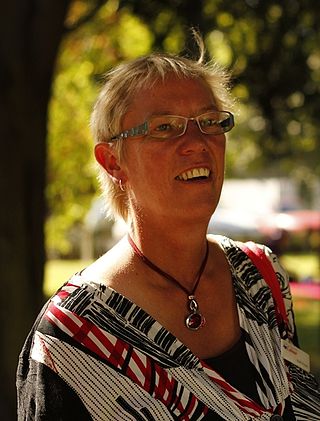
Ruth Suzanne Dyson is a former New Zealand politician. She was a Labour Party Member of Parliament from 1993 to 2020. She represented the Port Hills electorate from the 2008 election election to 2020. She also held a number of senior offices in the Labour Party, including president.
Banks Peninsula is a New Zealand parliamentary electorate which initially existed from 1996 to 2008, and was later recreated in 2020 ahead of the 2020 election. It was held by National's David Carter for the initial term, and then by Labour's Ruth Dyson from 1999 to 2008. As of 2023, the seat is currently held by National's Vanessa Weenink.

Christchurch Central is a New Zealand parliamentary electorate in the South Island city of Christchurch. The electorate was established for the 1946 election and, until 2011 had always been won by the Labour Party. Since 2008, the incumbent was Brendon Burns but the election night results for the 2011 election resulted in a tie; the special vote results combined with a judicial recount revealed a 47-vote majority for Nicky Wagner, the National list MP based in the electorate. Wagner significantly increased her winning margin in the 2014 election after having declared the electorate "unwinnable" for National earlier in the year following a boundary review. At the 2017 election Wagner lost the seat to Labour's Duncan Webb, who retained it at the 2020 election.

Epsom is a New Zealand electorate in Auckland, returning one Member of Parliament to the New Zealand House of Representatives. Since the 2014 general election, Epsom has been represented by David Seymour, the leader of the ACT Party.

Ilam is a New Zealand parliamentary electorate. Formed for the 1996 election, it was held by Gerry Brownlee of the National Party until the 2020 election, when Sarah Pallett of the Labour Party unseated Brownlee in an upset victory. The seat reverted to National when it was won by Hamish Campbell in the 2023 election.

Mana is a New Zealand parliamentary electorate in the Wellington metropolitan area. It has been held by Barbara Edmonds of the Labour Party since the 2020 election.

Pakuranga is a New Zealand Parliamentary electorate. It gave the Social Credit Party one of its few MPs when Neil Morrison held the seat from 1984 to 1987, but otherwise the electorate seat has been held by the National Party since 1972. Its current MP is Simeon Brown who has held the electorate since the 2017 general election.
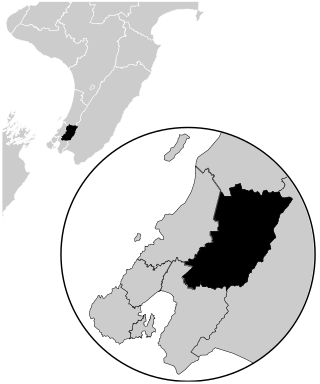
Remutaka is an electorate returning one member to the New Zealand House of Representatives. Since the 2008 general election, the seat has been represented by Chris Hipkins, who served as Prime Minister of New Zealand and is currently the Leader of the Opposition.

Rongotai is a New Zealand electorate, returning a single member to the New Zealand House of Representatives. The current MP for Rongotai is Julie Anne Genter of the Green Party. She has held this position since the 2023 general election.
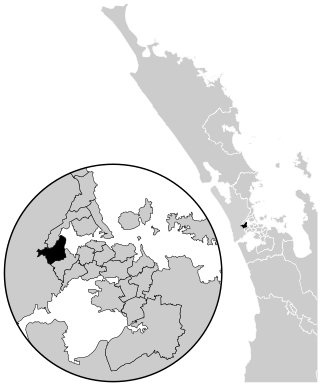
Te Atatū is a parliamentary electorate, returning one Member of Parliament to the New Zealand House of Representatives. The current MP for Te Atatū is Phil Twyford of the Labour Party.

Tukituki is a New Zealand parliamentary electorate, returning one Member of Parliament to the New Zealand House of Representatives. Named after the Tukituki River which runs through the electorate, it was established for the 1996 general election and has existed since. The current MP for Tukituki is Catherine Wedd of the National Party, who won the seat from first-term Labour Party MP Anna Lorck.
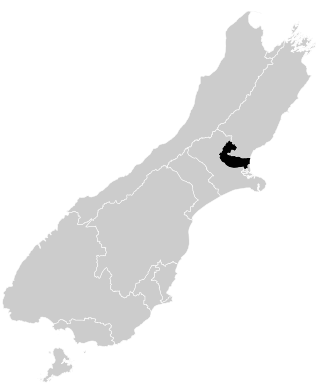
Waimakariri is a New Zealand parliamentary electorate, formed for the 1996 election and returning one Member of Parliament to the New Zealand House of Representatives. The MP for Waimakariri is Matt Doocey of the National Party. He has held this position since the 2014 election and takes over from Kate Wilkinson, who defeated Clayton Cosgrove (Labour) in the 2011 election.

Whangārei is a New Zealand parliamentary electorate that was first created for the 1972 election. The electorate is usually a reasonably safe National seat, and was held for long periods by John Banks (1981–1999) and Phil Heatley (1999–2014), before being won in the 2014 election by Shane Reti. In the 2020 election Reti narrowly lost the seat to Labour's Emily Henderson. Reti would reclaim the seat at the 2023 election with a huge majority.
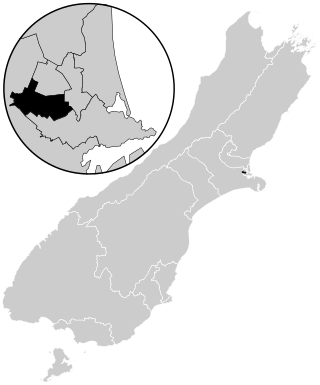
Wigram is a New Zealand parliamentary electorate, returning one Member of Parliament to the New Zealand House of Representatives. The current MP for Wigram is Megan Woods of the Labour Party. She took over this position from Jim Anderton, who had held this position from 1996 until 2011.

Te Tai Tonga is a New Zealand parliamentary Māori electorate, returning one Member of Parliament to the New Zealand House of Representatives. It was established for the 1996 general election, replacing Southern Maori. It covers all of the South Island, Stewart Island, the Chatham Islands, and parts of both Wellington City and the Hutt Valley. The current MP for Te Tai Tonga is Tākuta Ferris of Te Pāti Māori.

Waiariki is a New Zealand parliamentary Māori electorate that was established for the 1999 election, replacing the Te Tai Rawhiti electorate. It is currently held by Te Pāti Māori co-leader Rawiri Waititi, who won it in the 2020 and 2023 general elections.

Ōhāriu, previously spelled Ohariu and then Ōhariu, is a New Zealand parliamentary electorate returning one Member of Parliament to the House of Representatives. It first existed from 1978 to 1993, and was recreated for the 2008 election. In 2008, it was the successor to Ohariu-Belmont, first contested at the first mixed-member proportional (MMP) election in 1996. Through its existence Ohariu-Belmont was represented by Peter Dunne, leader of the United Future party. Dunne contested and won the recreated electorate in 2008. He announced on 21 August 2017 that he would not stand in the 2017 general election.

Selwyn is a current electorate in the New Zealand House of Representatives, composed of towns on the outskirts of Christchurch city. The electorate was first formed for the 1866 election and has been abolished three times during its history. It was last re-established for the 2008 election and has been held by Nicola Grigg for the National Party since the 2020 election.

Rangitata is an electorate in the South Island of New Zealand. It first existed for two parliamentary terms in the late 19th century and was re-established for the 2008 general election. It largely replaced the Aoraki electorate, but included parts of the Rakaia electorate as well.

Denis John O'Rourke is a former New Zealand politician. He served fifteen years as a councillor on Christchurch City Council, and served six years as a Member of Parliament representing New Zealand First.



















